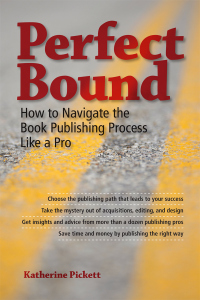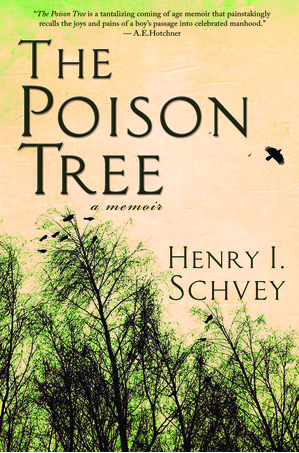Share the post "All in Due Time: One More Way to Save on Editing Costs"
 by Katherine Pickett
by Katherine Pickett
If you take even a cursory look around the Web, you will find numerous articles on how you can save money on editing. I’ve written a few such articles myself. But here is something that I have not discussed before, and it really can save you tons of time and money.
What is this magic bullet to the woes of high-cost editing? Simply put, it is correcting big-picture items before trying to correct the finer points—completing manuscript development before heading into copyediting.
For some, manuscript development and copyediting are elusive terms. In short, development involves assessing the organization of the book; reorganizing chapters; moving or rewriting paragraphs and sentences; and adding, deleting, and rewriting material as needed. It can take months to complete. Copyediting, conversely, involves correcting grammar, punctuation, spelling, style, and sense; ensuring consistency; rewriting sentences here and there; and suggesting further changes for the author to make. The copyeditor does little to shape the overall structure of the book and instead polishes and refines what is there.This level of edit usually takes three to four weeks.
Nevertheless,I have often spoken to authors who want to start copyediting almost before they have finished writing the manuscript. (And sometimes truly before they have finished.) These authors know they need help with grammar and punctuation and style—all under the purview of copyeditors—and they want to get that going while they hammer out some of the bigger problems.
This is a bad idea, and here’s why. Either your copyeditor ends up doing developmental work, fixing organization, rewriting transitions, and querying plot holes (fiction) or lapses in your argument (nonfiction), and quite likely misses the finer details; or she focuses on the finer details, you introduce new errors while you finish writing, and you have to have the whole thing copyedited again.
In the first instance, the editing will almost certainly take longer than anticipated and, therefore, cost you more than expected. What’s more, you could end up sending your agent or publisher a book filled with errors that you had assumed were corrected. Why? Because it is very difficult for an editor to consider big-picture items like organization while also paying attention to punctuation and style. Inevitably, something will slip through. The loss of a contract or the loss of readership due to too many errors represents indirect monetary costs to you.Conversely, when you ensure the overarching issues in your manuscript are taken care of—whether that’s through your own work or through the work of someone you hire—you allow your copyeditor to polish the text and bring it to the next level of professionalism. That additional polish can be the difference between getting an agent and not.
In the second instance the direct savings for you are more obvious. Say you hire someone to perform copyediting before you are through with development, and copyediting is the level of editing your manuscript receives. Then you go back through it, finish up any writing, rewriting, or reorganization you deem necessary, and tie up loose ends. More than likely you have introduced errors, and you know it. Now you have to hire another editor to go through the manuscript and correct these new errors, possibly doubling your costs. In my own work with authors, I find this particularly heartbreaking when a significant amount of material was cut. The author paid me to edit material that won’t even appear in the book! Those cuts were necessary, but paying someone to correct the punctuation and style of those paragraphs was not.

Do this instead: Complete your manuscript development. Whether that is accomplished with a developmental editor, beta readers, or a book coach, on your own, or some combination thereof, just be sure that you have cut what you want to cut, written what you plan to write, and tied up as many loose ends as possible. Then, and only then, should you hire a copyeditor to fix your punctuation, grammar, spelling, and style. Trust me, there is no need to rush, and when you perform editing in the proper order—from large scale to small scale—you can save yourself time, embarrassment, and several hundred dollars in editing costs.
Katherine Pickett is the owner of POP Editorial Services, LLC, and the author of Perfect Bound: How to Navigate the Book Publishing Process Like a Pro (Hop On Publishing). Since 1999 she has edited more than 300 titles in a wide range of topics and genres. She is a member of the Editorial Freelancers Association and the St. Louis Publishers Association, and she is the president of the Montgomery County chapter of the Maryland Writers’ Association.
You can find her blog at www.thePOPnewsletter.com. Twitter: @KPickett_Editor.




